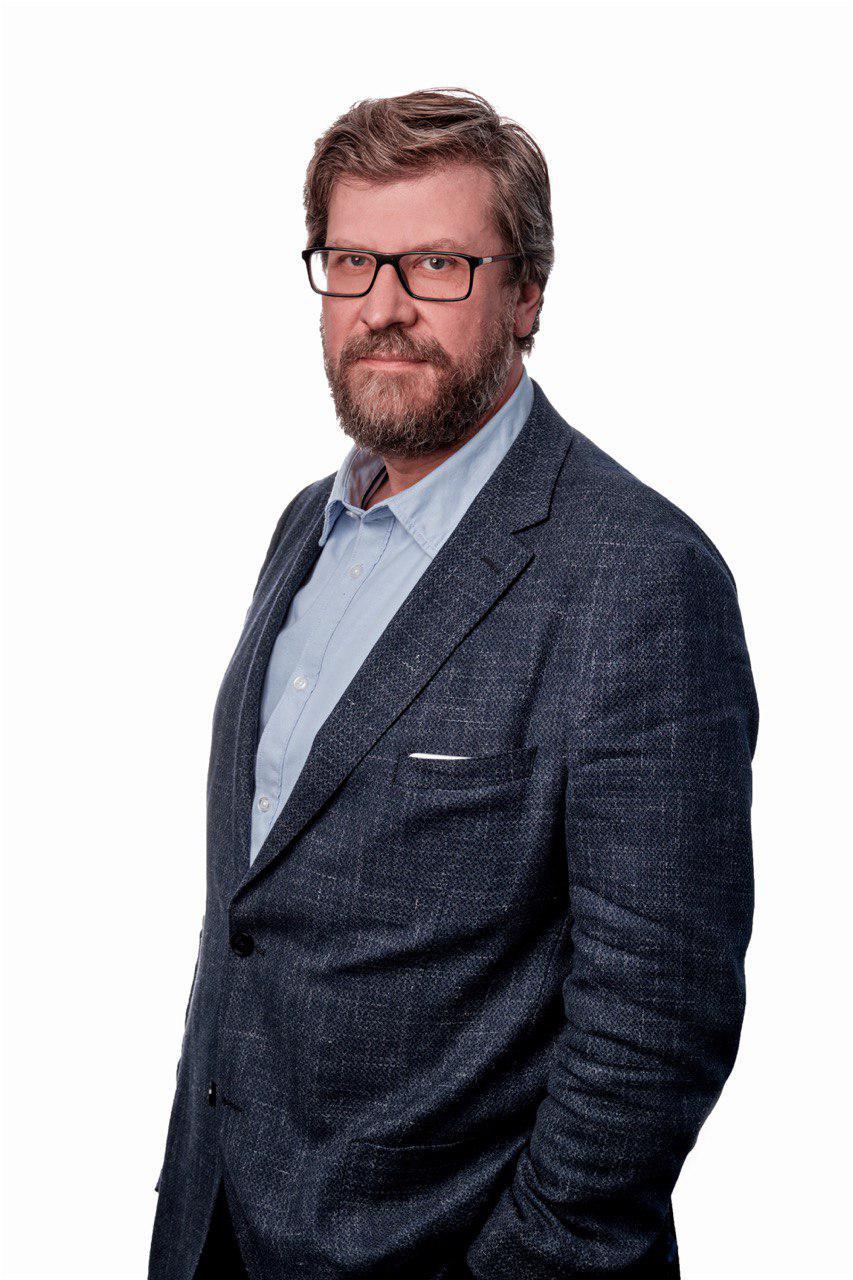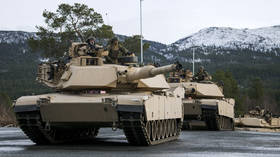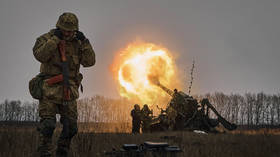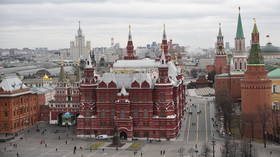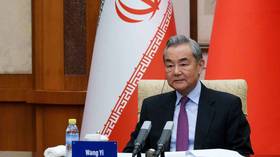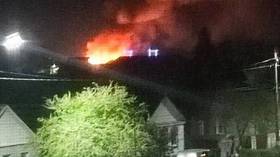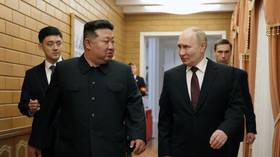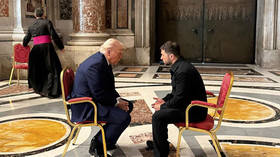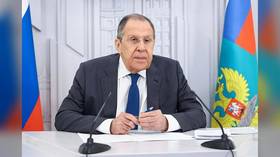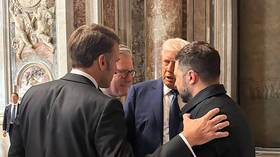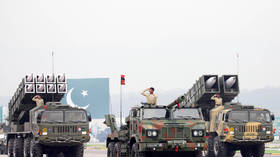Fyodor Lukyanov: Berlin has abandoned its post-Hitler pacifism, the 'German question' has returned
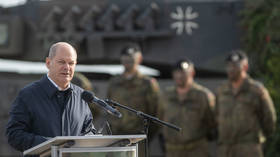
After a period of playing hard to get, the German government has agreed to supply Ukraine with Leopard tanks - its own and those in service with other NATO countries. We will leave it to military experts to assess how this will affect Ukraine's combat capabilities and the course of operations. The question for us is what does it mean in political terms?
Germany and military power - the combination of these terms has made many Europeans uncomfortable for at least a century and a half.
The "German question", which refers to Berlin’s place and role on the continent, led to major military clashes on more than one occasion before the two world wars. The Second World War seemed to have resolved it by abolishing the unified German state and placing its regions under external control.
This is why the reunification of the country at the turn of the 1990s initially provoked cautious reactions from Bonn’s Western allies, for whom the memory of ambitions for a greater “reich” were still fresh. The irony of history is that it was Soviet Moscow that was the most enthusiastic about reunification.
Interestingly, the roots of the current dangerous crisis in European security can be traced back to this time. The idea of enlarging NATO arose from a context of providing guarantees in the event of German unification. The US, France, Britain, Italy, West Germany and its smaller neighbors believed (not unreasonably) that keeping a reunited country in the US-led military bloc would deter any hypothetical desire to one day go its own way.
Washington, London, Paris and Bonn thought that the Soviet Union would oppose this, but the Kremlin took an unconventional approach and did not object to keeping Germany in NATO. It turned out though that the extension of the bloc's jurisdiction to the territory of the former GDR became a precedent for everything else. After all, the principle of the right of each state to choose its own membership in any association was enshrined in the ideological and legal framework. The path from this to the question of Ukraine's NATO membership was not instantaneous, but it was straightforward.
The pacifism forced onto Germans after the Second World War implied that Germany (first only the West, then the whole) could and should be a model ally within the military bloc, but would not play a leading role. This was the case after the Cold War - the operations in Yugoslavia and Afghanistan in which the Bundeswehr was involved were not initiated by Berlin, and its participation was somewhat reticent.
The “times have changed” position announced by Chancellor Olaf Scholz in February 2022 implied the beginning of a new era, and at the same time major investments in defense modernization were promised. However, against the backdrop of general exaltation, especially Eastern European, Berlin maintained an unhurried pace. Its Allies grumbled, but up to a certain point most of them also tried to act rather cautiously so as not to provoke an escalation. Since the autumn, however, any limitations seem to have been lifted - especially in Washington and London (Warsaw never had any), but also more widely: The goal of defeating Russia militarily has been articulated directly and at all levels.
Here Germany faced a crucial choice, of which the tank plan was a concrete manifestation. Given the prevailing mood in the Western bloc, it was immediately clear that Berlin would not be able to oppose the transfer of the Leopard tanks. The hitch was probably the realization that Germany's decision would qualitatively increase its involvement in the conflict and open the way for a further arms build-up. The next meeting of the contact group in Rammstein has already been named "airborne". The more advanced the equipment sent to Kiev, the more likely it is that its forces will no longer be able to maintain the military hardware.
If we recall the straight line from the conditions of German unification to the preconditions of the current crisis, the conclusion is paradoxical.
33 years ago, NATO was seen as the surest guarantee against a hypothetical resurgence of German belligerence.
However, membership of the bloc is the main reason for Berlin's increasing involvement in a military conflict. From the West's point of view, there is no danger because Germany is not acting on its own initiative and is in line with the general trend. But this is in a theoretical sense.
What about Poland, which is openly hostile to Germany? Not to mention France, where historical identity is largely shaped by the stories of the consequences of German military rearmament? Can we speak of a strong and self-confident unity?
No one dares predict the outcome of the Ukrainian crisis now, there are too many different circumstances. But, its transformative impact on all aspects of European security is undeniable. The immediate participants in the drama will emerge differently, and the deeper the involvement, the more significant the changes. And while the US, as always, has the advantage of physical distance and the ability to pass on most of the costs to its allies, the Moscow-Kiev-Warsaw-Berlin-Paris line is likely to see qualitative changes. And each will have their own strategy.
There are now no survivors from those who laid the foundations of "new Europe," as it was called in the 1990 Charter. It’s fair to say they would have been surprised by the outcome.
